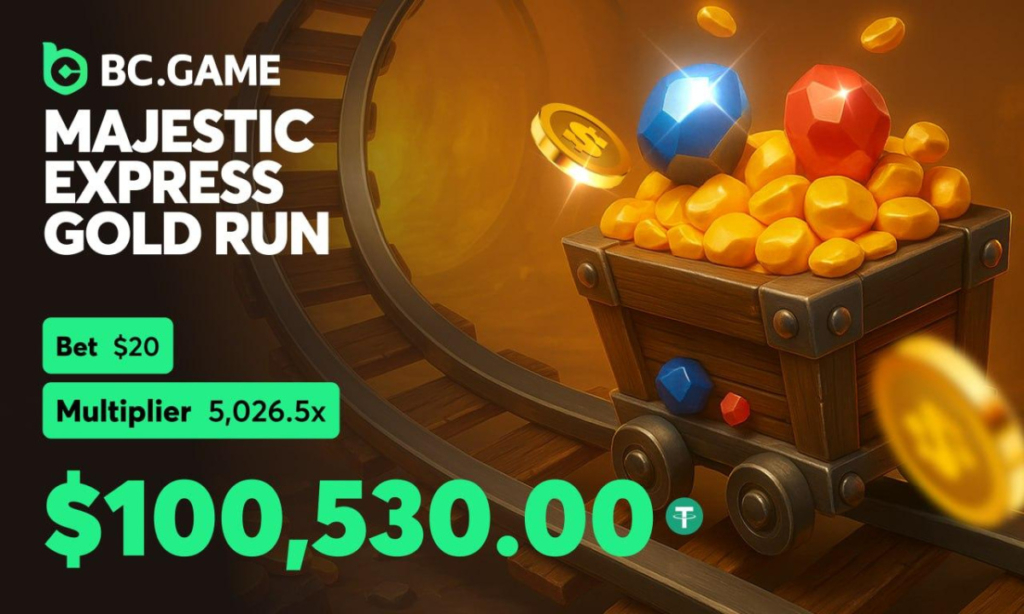The Securities and Exchange Commission (SEC) aims to wrap up the legal battle with Do Kwon and Terraform Labs by seeking a summary judgment.
In simpler terms, they’re asking the court to make a swift decision without the need for a full-blown trial. According to the SEC, there’s “no genuine dispute as to any material fact” in their case against the two.
The core of the SEC’s argument revolves around whether Do Kwon and Terraform Labs sold securities. The SEC firmly believes they did, and here’s why: the money invested by purchasers, whether it was in traditional fiat currency or cryptocurrencies, qualifies as an investment. This is a critical point because the SEC’s case hinges on the idea that they sold securities.
To back their stance, the SEC points to the Howey test, a legal yardstick used to determine if a transaction should be classified as an investment contract and, therefore, a security under U.S. federal law.
According to the SEC, when money is pooled into a common enterprise with the expectation of profits primarily from the efforts of the promoters, it checks all the boxes for the Howey test.
In addition to the securities issue, the SEC has accused Terraform and Kwon of fraudulent behavior and misleading statements. They assert that both parties engaged in deceptive actions, especially concerning the stability of UST.
Terraform Labs claimed their algorithm was responsible for price stabilization, but behind the scenes, they were arranging third-party interventions, leaving out crucial information, and making their claims misleading.
As a result, Terra’s collapse in May last year wiped out billions of dollars in investor wealth.
Interestingly, this SEC move came shortly after Kwon’s defense team filed a similar document. They argue that the SEC hasn’t provided enough evidence to prove that securities were involved.
Meanwhile, Do Kwon remains in Montenegro, serving a sentence related to document forgery after being apprehended at an airport with fake passports.



